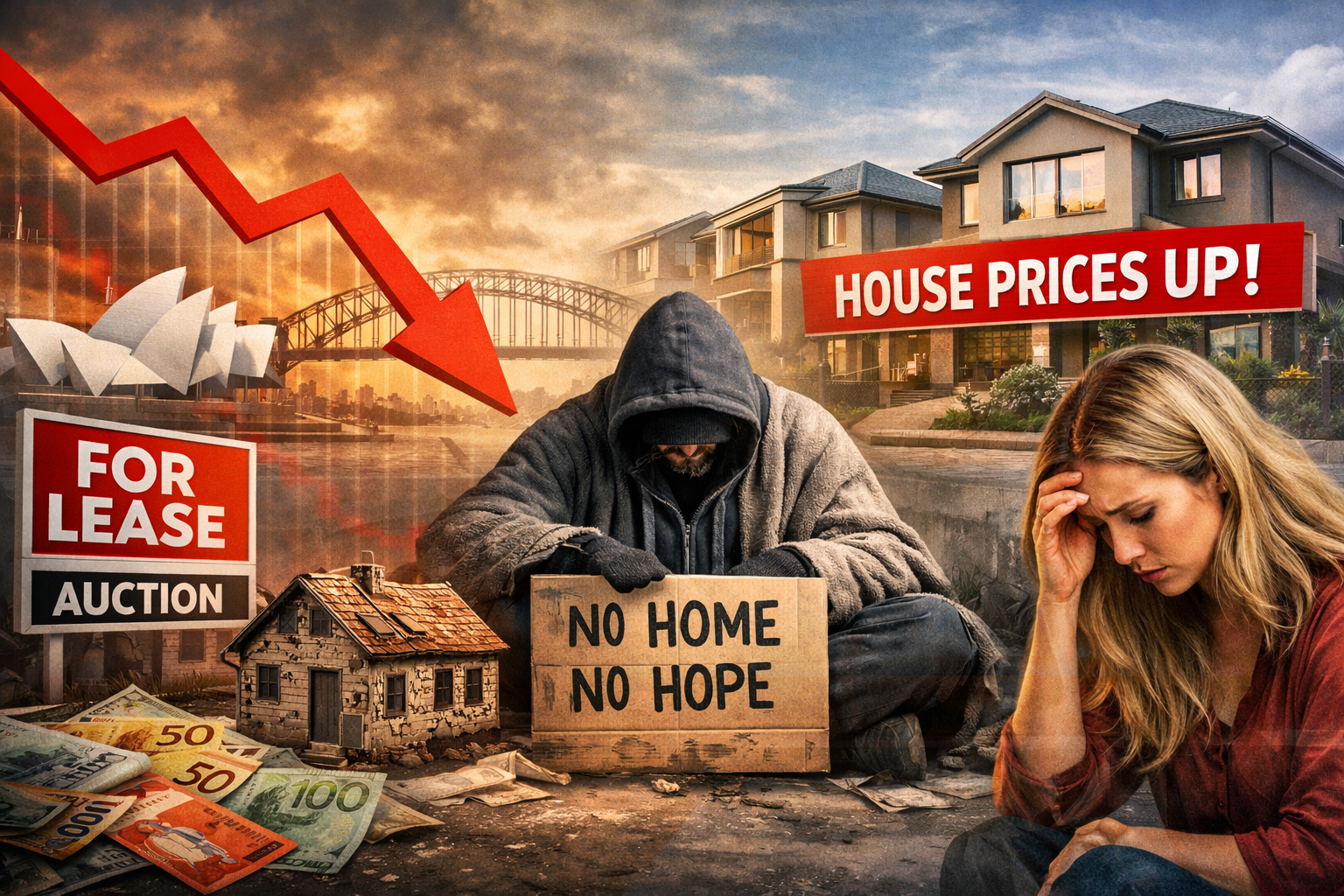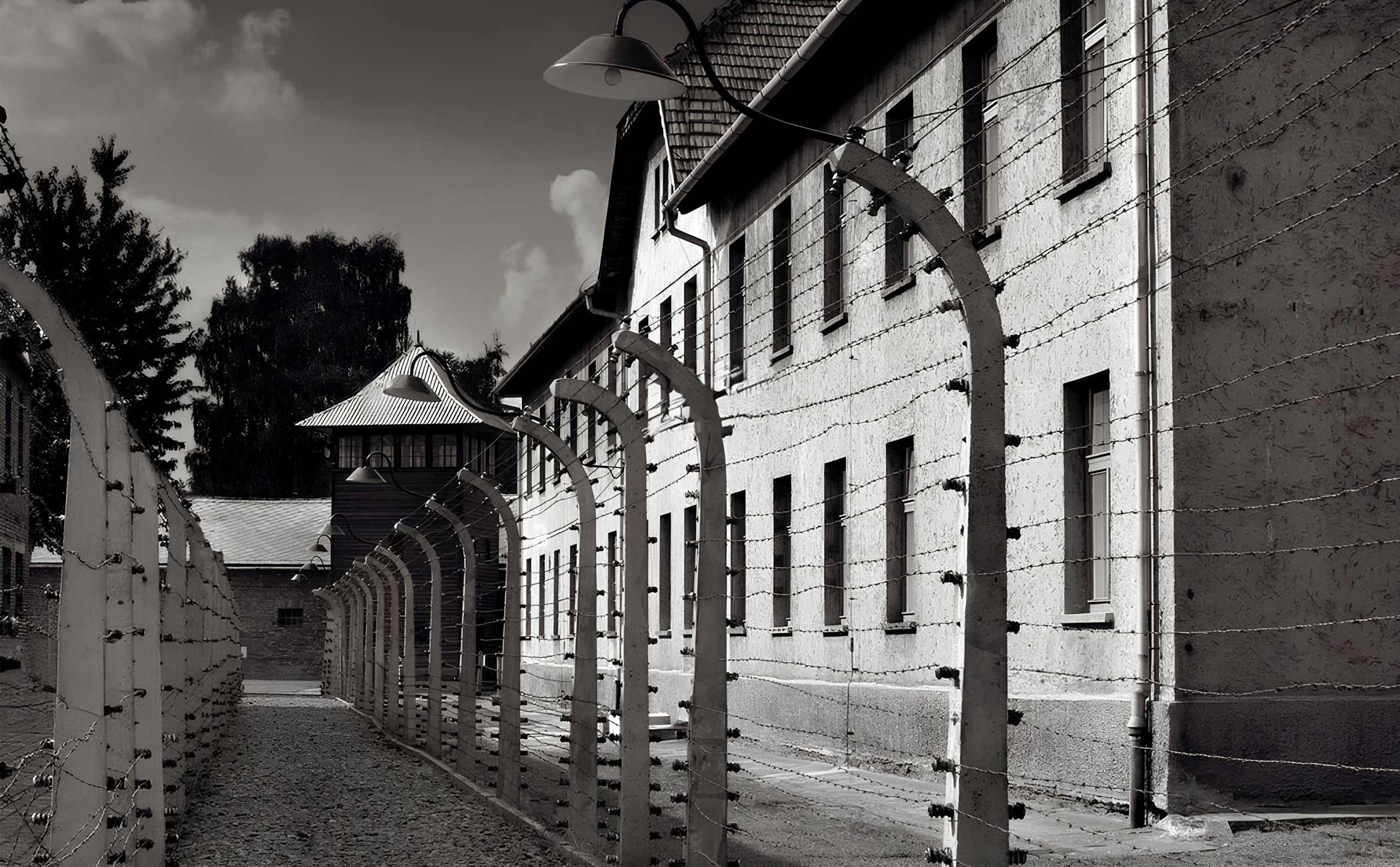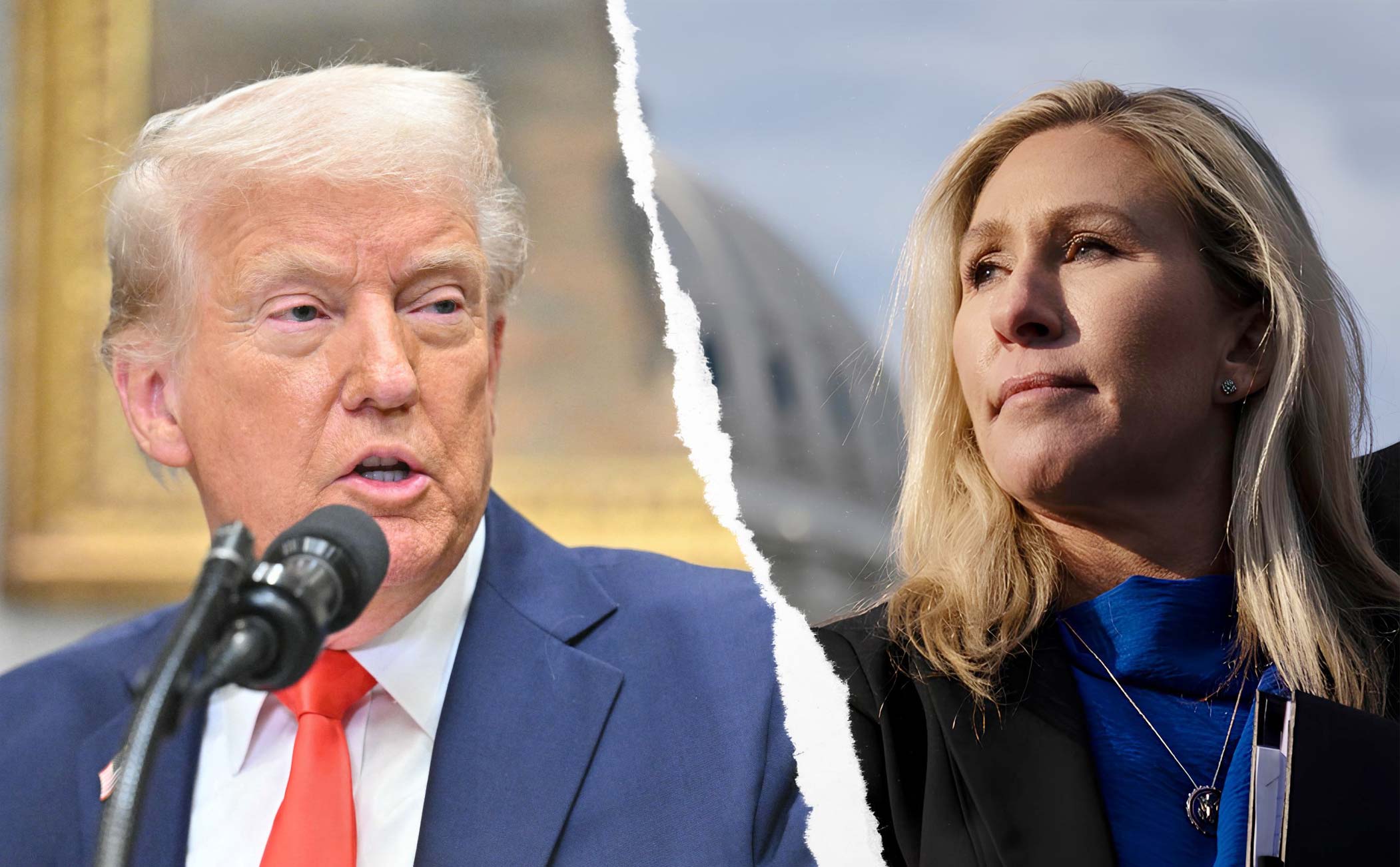On 9 October 2012, then-Prime Minister Julia Gillard delivered a searing rebuke in Australian Parliament aimed at then-Opposition Leader Tony Abbott. Her now-iconic misogyny speech came in the heat of a motion regarding Speaker Peter Slipper, who had been embroiled in a sexist text message scandal.
Though ostensibly defending Slipper’s position, Gillard used the moment to call out the sexist double standards and personal attacks she had endured throughout her leadership. From criticism of her appearance to remarks about her decision not to have children, the speech became a broader condemnation of gendered political vitriol.
Julia Gillard’s misogyny speech went viral
And not all of them are Australians. One week after the speech was uploaded to YouTube by ABC News, it had one million views. As of 2025, multiple versions have accumulated over 10 million combined views. Almost eleven years later, the original upload has 3.8 million views, while another clip by the Guardian has 5.7 million views. A clip of the speech also circulated on TikTok, reaching a whole new generation of viewers, some of whom were not old enough to remember the original incident.
The speech resonated globally:
Macquarie Dictionary updated its definition of “misogyny” in its wake.
TikTok users memorised and chanted lines in feminist protest videos.
It inspired songs, stage performances, and academic analysis.
Gillard herself remarked that the speech “took on a life of its own”, becoming one of the most iconic Australian political moments in history.
Everyone remembers it… for better or for worse
“I will not be lectured about sexism and misogyny by this man… Not now, not ever.” This thunderous line became the speech’s enduring slogan. Gillard’s rhetoric used:
Repetition (“not now, not ever”) to reinforce moral conviction.
Direct address (“this man”) to personalise accountability.
A measured crescendo that transformed frustration into oratory triumph.
Another powerful moment:
“If he wants to see what misogyny looks like in modern Australia, he doesn’t need a motion in the House of Representatives, he needs a mirror.”
Such lines struck a chord globally, reframing misogyny not as abstract hate, but as everyday political behaviour.
It changed the way we define misogyny
In today’s world of renewed gender equality debates, Gillard’s speech remains a touchstone. Her ongoing advocacy for women in leadership continues through roles in education, philanthropy, and global forums.
Issues of online harassment, political gaslighting, and glass ceiling debates give new urgency to her words.
Her speech is regularly cited in:
Social justice curricula
Women’s empowerment campaigns
Media analysis of gendered politics
The fight Gillard highlighted in 2012 is still being fought—just with new battlegrounds and audiences.
Conclusion
Julia Gillard was never a perfect political figure. But for 14 powerful minutes, she spoke with the full force of collective female frustration. Not now, not ever—those words still echo.








